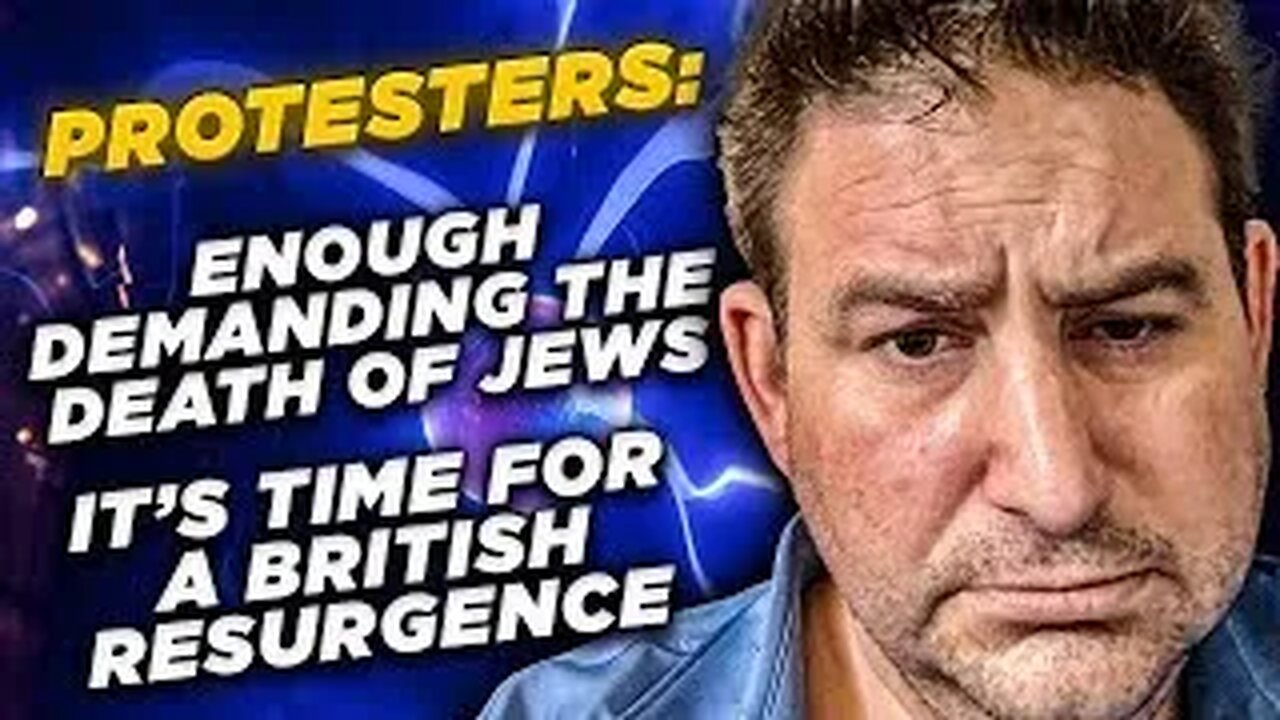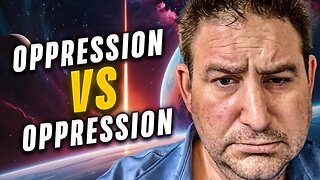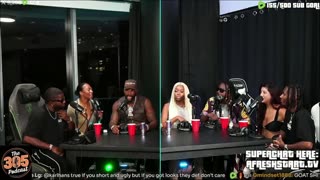Premium Only Content

Protestors: Stop Demanding the Death of Jews - It’s Time for a British Resurgence - We're Wiser
The recent wave of campus protests initially sparked by solidarity with Palestine has shown a concerning evolution. What began as advocacy against the Israel-Hamas conflict has, in some instances, morphed into expressions of anti-Semitism, blurring the lines between political critique and ethnic or religious hate. This shift has been documented in various university settings where protests have not only called for policy changes like divestment from Israel but have also seen chants and actions that target Jewish students, as reported on platforms like X.
This transformation can be partially attributed to the dynamics of "woke" ideology, which, in its broadest strokes, seeks to challenge systemic injustices but can sometimes oversimplify complex international conflicts into binary oppressor-oppressed narratives. Within this framework, Israel, and by extension Jewish identity, is sometimes cast unequivocally as the oppressor, leading to a conflation of anti-Zionism with anti-Semitism.
The involvement of the LGBT community in these protests is noticeable, with X posts highlighting the presence of trans rights flags alongside Palestinian flags. This overrepresentation might be reflective of intersectionality, where various groups experiencing oppression come together. However, this alliance sometimes leads to paradoxical situations where groups advocating for certain progressive values find themselves alongside or inadvertently supporting movements whose broader ideologies might be at odds with those values, like the conservative social policies of groups like Hamas.
Critically, the narrative that these protests are overwhelmingly anti-Jewish rather than pro-Palestinian might be amplified by selective reporting or incidents that do not represent the majority's sentiments. Nonetheless, the visibility of such sentiments has raised alarms about the safety of Jewish students on campus, as noted in discussions around institutions like CUNY Baruch, where administrators express concerns over guaranteeing Jewish students' safety due to threats from other agitators.
This situation underscores a broader issue: the challenge of navigating advocacy in an era where identity politics, the quest for social justice, and traditional academic freedoms intersect and sometimes clash, often leading to unintended consequences like the targeting of specific ethnic or religious groups.
-
 4:00
4:00
The Problem With Being Awake
6 months agoOppressed vs Oppressor is an Incorrect Statement of Mind - The Drama Triangle Lays This Out Neatly
54 -
 20:44
20:44
GritsGG
1 day agoThis Warzone Item is BROKEN!
10.2K3 -
 57:40
57:40
Omar Elattar
9 months agoDean Graziosi: How I Made $70 Million & Retired My Mom At Age 24
4.99K -
 2:16:08
2:16:08
The Pascal Show
12 hours ago $0.84 earnedGHISLAINE BREAKS SILENCE! DOJ To MEET With Ghislaine Maxwell! Epstein List To Be Exposed & More News
5.3K -
 1:59:25
1:59:25
The Michelle Moore Show
1 day ago'Tulsi Gabbard on Obama Collusion, 2015 Prophecy Coming To Pass, Huckabee Slights Israel, Nathan Reynolds, & Pet Shots' Guest, Mark Taylor: The Michelle Moore Show (July 21, 2025)
30.3K82 -
 2:23:48
2:23:48
FreshandFit
6 hours agoShould Average Men Pay For Box?
54.5K19 -
 7:29:29
7:29:29
SpartakusLIVE
10 hours agoThe $1,000 Spartakus Gauntlet || Huskerrs and Twitty
109K1 -
 9:14:17
9:14:17
RalliedLIVE
10 hours ago $16.43 earnedHIGH OCTANE WARZONE SOLOS ALL DAY
101K4 -
 2:49:43
2:49:43
TimcastIRL
9 hours agoTrump Just ACCUSED Obama Of TREASON, Calls For CRIMINAL Charges | Timcast IRL
223K81 -
 10:19
10:19
MattMorseTV
14 hours ago $7.46 earnedTrump just went SCORCHED EARTH.
44.5K29